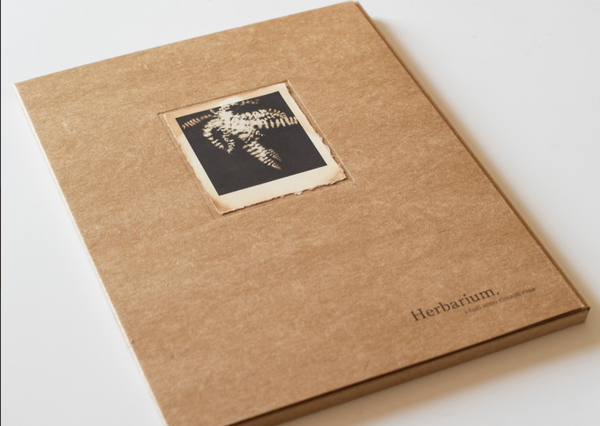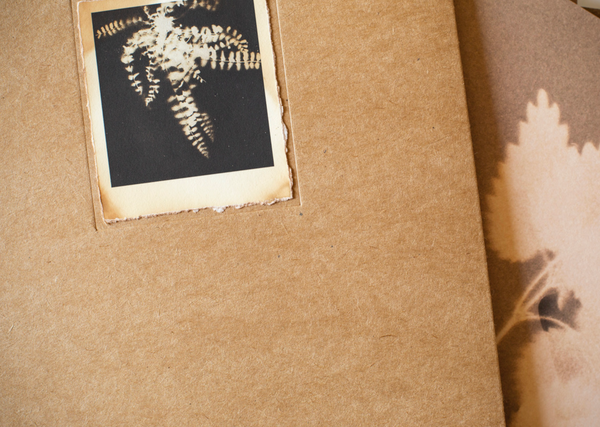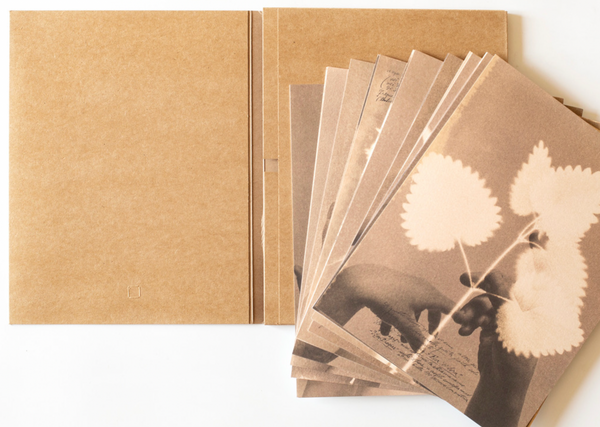


Alessandra Calò
Herbarium - I fiori sono rimasti rosa
Studio Faganel, Gorizia — 2022
"HERBARIUM - I fiori sono rimasti rosa" is an artist book by Alessandra Calò.
In the book is recognizable one of the distinctive features of Calò’s work, the overlapping of different levels that create a unified, harmonious, symbolic image.
In this case the artist has put together three different photographs: those of the hands, the plants and the writings.
The hands are those of some people with frailty with whom Calò has carried out a workshop that lasted four months, with a darkroom set up at the Palazzo dei Musei, for a collaborative project called 'Incontri! Arte e persone' that develops from the project of Reggio Città senza Barriere 'B. Diritto alla bellezza', an integral part of the mandate program of the Department of Culture of the Municipality of Reggio Emilia.
The plants, collected in a first phase of the laboratory, are not noble and cured plants, but those that are commonly defined as "weeds", referring to the concept of fragility/ diversity understood as "what does not fall within the canons" and with the aim of discovering the beauty of the little things.
They were then made of photographic herbariums using ancient techniques of contact printing 800, such as callotypy, which do not favor precision, high resolution, but on the contrary, determine a creative process of trial and error that is more "human" and inclusive.
Finally, the third level, calligraphy, is taken from a herbarium by Antonio Cremona Casoli from 1883-845, kept at the Civic Museums of Reggio Emilia, which does not have a strictly scientific approach, but more "sentimental". With this last operation Calò is able to reinterpret and enhance a part of an archive, connecting the contemporary with the past.